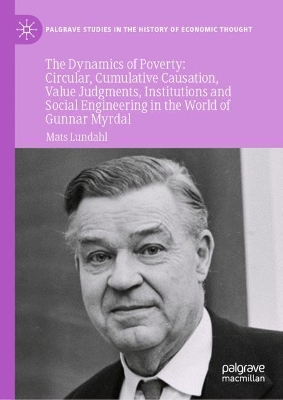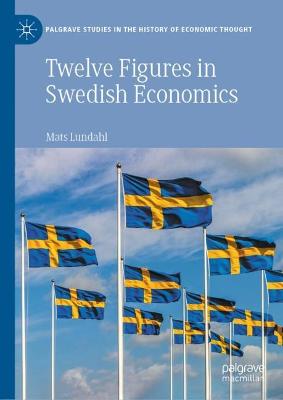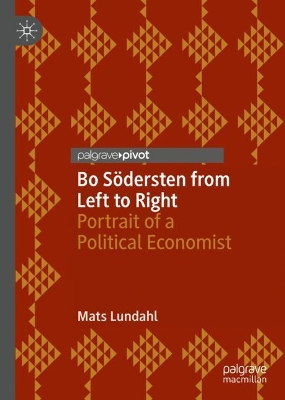Palgrave Studies in the History of Economic Thought
3 total works
This book aims to explore the development of Myrdal’s analysis of poverty during his life. It will be relevant to students and academics interested in the history of economic thought, development economics, the political economy, and labor economics.
This book explores the development of economic thought in Sweden through some of the people who shaped it. The book highlights both some of the well-known contributions and some overlooked areas of research. It begins with the origins of the pioneer neoclassical Heckscher-Ohlin theorem and Gunnar Myrdal ’s circular, cumulative approach to economic development. Secondly, it focuses on a number of economists related to the Industrial Institute of Economic and Social Research: Ingvar Svennilson, Axel Iveroth, Jan Wallander, Erik Höök, Villy Bergström and Rolf Henriksson. Finally, it offers portraits of three economists from Lund University: Bo Södersten, Ingemar Ståhl and Göte Hansson. The work of all of them is placed within the context of the contemporary academic and public economic debate. This book aims at providing a perspective on the legacy of the Swedish tradition in economics and will be relevant to students and academics interested in the history of economic thought.
This book aims to provide insight into the motivations and impact of Bo Södersten during each phase of his life: his academic career, his political life, and his time as a debater-provocateur. It will be relevant to students and researchers interested in Swedish economics, the history of economic thought, and international economics.


